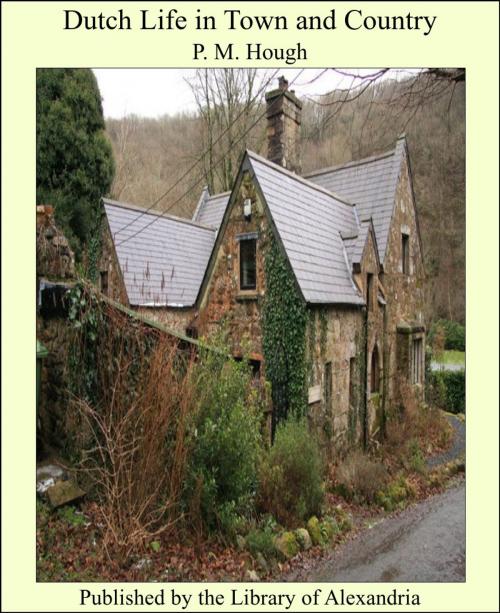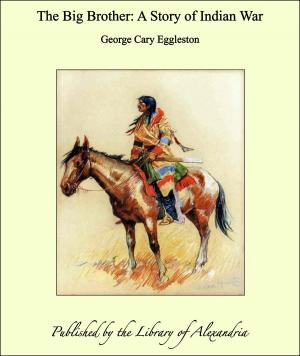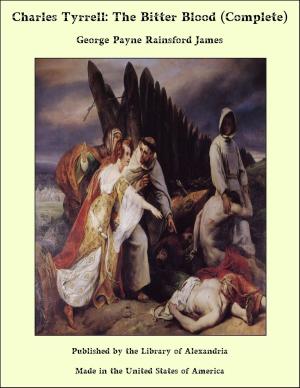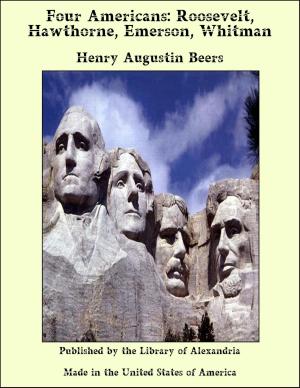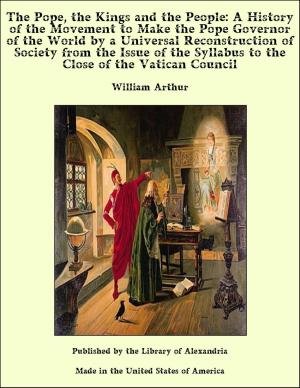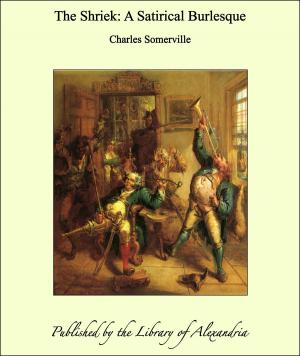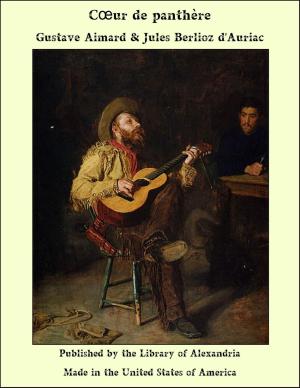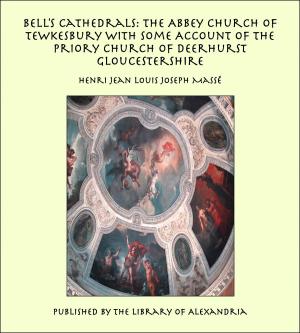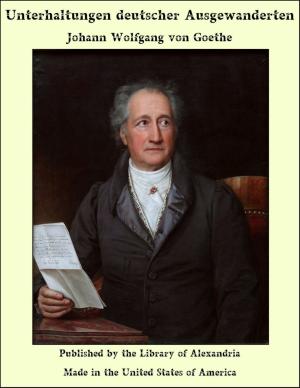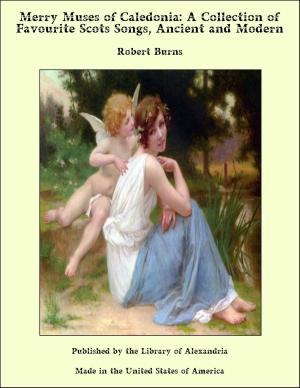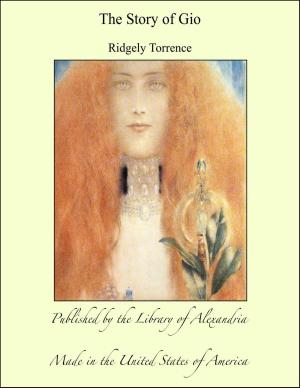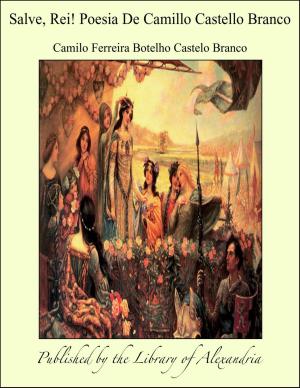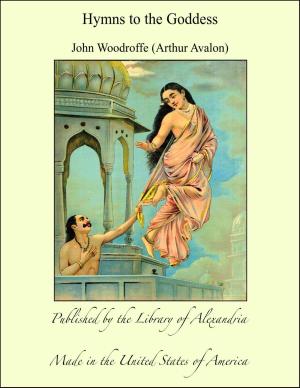Dutch Life in Town and Country
Nonfiction, Religion & Spirituality, New Age, History, Fiction & Literature| Author: | P. M. Hough | ISBN: | 9781465502841 |
| Publisher: | Library of Alexandria | Publication: | March 8, 2015 |
| Imprint: | Language: | English |
| Author: | P. M. Hough |
| ISBN: | 9781465502841 |
| Publisher: | Library of Alexandria |
| Publication: | March 8, 2015 |
| Imprint: | |
| Language: | English |
National Characteristics There is in human affairs a reason for everything we see, although not always reason in everything. It is the part of the historian to seek in the archives of a nation the reasons for the facts of common experience and observation, it is the part of the philosopher to moralize upon antecedent causes and present results. Neither of these positions is taken up by the author of this little book. He merely, as a rule, gives the picture of Dutch life now to be seen in the Netherlands, and in all things tries to be scrupulously fair to a people renowned for their kindness and courtesy to the stranger in their midst. And this strikes one first about Holland—that everything, except the old Parish Churches, the Town Halls, the dykes and the trees, is in miniature. The cities are not populous, the houses are not large, the canals are not wide, and one can go from the most northern point in the country to the most southern, or from the extreme east to the extreme west, in a single day, and, if it be a summer’s day, in day-light, while from the top of the tower of the Cathedral at Utrecht one can look over a large part of the land. As it is with the natural so it is with the political horizon. This latter embraces for the average Dutchman the people of a country whose interests seem to him bound up for the most part in the twelve thousand square miles of lowland pressed into a corner of Europe; for, extensive as the Dutch colonies are, they are not ‘taken in’ by the average Dutchman as are the colonies of some Other nations. There are one or two towns, such as The Hague and Arnhem, where an Indo-Dutch Society may be found, consisting of retired colonial civil servants, who very often have married Indian women, and have either returned home to live on well-earned pensions or who prefer to spend the money gained in India in the country which gave them birth. But Holland has not yet begun to develop as far as she might the great resources of Netherlands India, and therefore no very great amount of interest is taken in the colonial possessions outside merely home, official, or Indo Dutch society. With regard to the affairs of his country generally, the state of mind of the average Dutchman has been well described as that of a man well on in years, who has amassed a fair fortune, and now takes things easily, and loves to talk over the somewhat wild doings of his youth
National Characteristics There is in human affairs a reason for everything we see, although not always reason in everything. It is the part of the historian to seek in the archives of a nation the reasons for the facts of common experience and observation, it is the part of the philosopher to moralize upon antecedent causes and present results. Neither of these positions is taken up by the author of this little book. He merely, as a rule, gives the picture of Dutch life now to be seen in the Netherlands, and in all things tries to be scrupulously fair to a people renowned for their kindness and courtesy to the stranger in their midst. And this strikes one first about Holland—that everything, except the old Parish Churches, the Town Halls, the dykes and the trees, is in miniature. The cities are not populous, the houses are not large, the canals are not wide, and one can go from the most northern point in the country to the most southern, or from the extreme east to the extreme west, in a single day, and, if it be a summer’s day, in day-light, while from the top of the tower of the Cathedral at Utrecht one can look over a large part of the land. As it is with the natural so it is with the political horizon. This latter embraces for the average Dutchman the people of a country whose interests seem to him bound up for the most part in the twelve thousand square miles of lowland pressed into a corner of Europe; for, extensive as the Dutch colonies are, they are not ‘taken in’ by the average Dutchman as are the colonies of some Other nations. There are one or two towns, such as The Hague and Arnhem, where an Indo-Dutch Society may be found, consisting of retired colonial civil servants, who very often have married Indian women, and have either returned home to live on well-earned pensions or who prefer to spend the money gained in India in the country which gave them birth. But Holland has not yet begun to develop as far as she might the great resources of Netherlands India, and therefore no very great amount of interest is taken in the colonial possessions outside merely home, official, or Indo Dutch society. With regard to the affairs of his country generally, the state of mind of the average Dutchman has been well described as that of a man well on in years, who has amassed a fair fortune, and now takes things easily, and loves to talk over the somewhat wild doings of his youth
